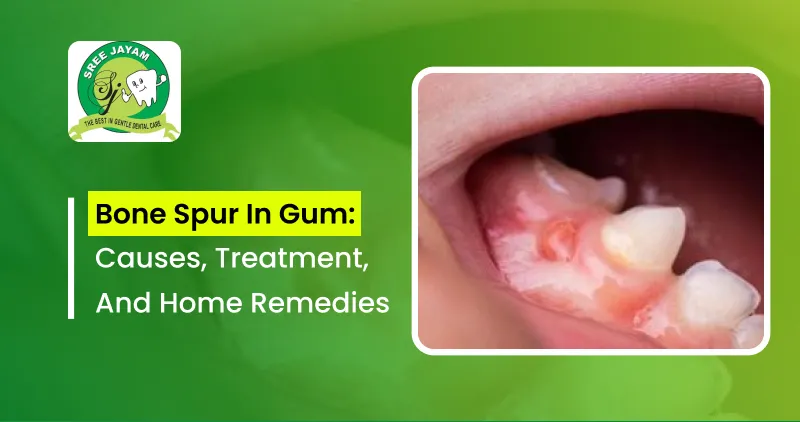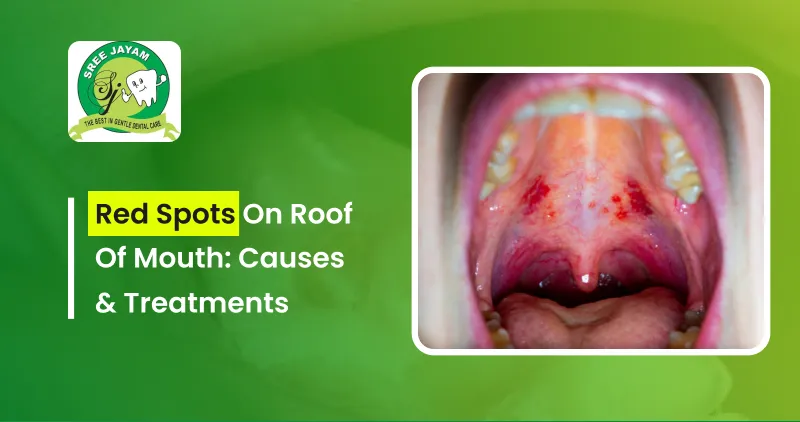
Why Is My Mouth Producing So Much Saliva Suddenly?
Have you ever wondered, “Why am I producing so much saliva?” Suddenly noticing excessive saliva production can be uncomfortable and puzzling. This condition is medically known as hypersalivation or sialorrhea. While saliva is crucial for digestion, oral health, and protecting your teeth, too much saliva can interfere with daily life. In this blog, we will explore the causes of excessive saliva production, explain why it might occur suddenly, and discuss how to stop too much saliva in the mouth.
Table of Contents
What Is Hypersalivation (Sialorrhea)?
Hypersalivation or sialorrhea is when your mouth produces more saliva than usual, often beyond your ability to swallow it comfortably. Normally, adults produce about 1 to 1.5 liters of saliva each day, but hypersalivation means this amount increases or the saliva isn’t managed well, leading to drooling or a constant feeling of wetness in the mouth.
This excess can happen either because your salivary glands produce too much or because swallowing becomes difficult, causing saliva to pool.
Why Is My Mouth Producing So Much Saliva Suddenly?
Sudden onset of hypersalivation can be due to several reasons:
1. Gastroesophageal Reflux Disease (GERD)
GERD occurs when stomach acid flows back into the esophagus. The acid irritates the lining of your throat and mouth, triggering the salivary glands to produce more saliva to protect the tissues. This reflex can cause a sudden increase in saliva, often noticed as a sour or bitter taste in the mouth.
2. Medications That Cause Excessive Saliva Production
Some medications can stimulate saliva production as a side effect. For example:
- Pilocarpine (used for dry mouth)
- Clozapine (an antipsychotic)
- Risperidone
- Ketamine
If you’ve recently started new medication, consult your doctor if you experience hypersalivation.
3. Neurological Conditions
Diseases affecting the nervous system—such as Parkinson’s disease, stroke, cerebral palsy, or ALS—may impair your ability to swallow normally. This leads to saliva buildup in your mouth, even if production hasn’t increased.
4. Infections or Inflammation
Oral infections, tonsillitis, or sinus infections cause inflammation that stimulates the salivary glands. This can make your mouth feel wetter than usual and cause sudden hypersalivation.
5. Dental Problems
Irritation from dental issues like cavities, gum disease, or poorly fitting dentures can trigger the salivary glands to produce more saliva.
6. Pregnancy
Hormonal changes, especially in early pregnancy, can cause increased saliva production, sometimes alongside nausea.
7. Allergies and Sinus Congestion
Nasal congestion forces you to breathe through your mouth, which can cause your mouth to water excessively. Allergies or sinus infections are common triggers.
How to Stop Too Much Saliva in Mouth: Effective Tips
If you’re wondering how to stop too much saliva in mouth, here are some practical tips:
1. Treat Underlying Causes
- If GERD is causing your hypersalivation, manage it with dietary changes (avoid spicy or fatty foods), avoid eating before bedtime, and use antacids or prescribed medications.
- Address infections or allergies with appropriate treatment.
2. Practice Good Oral Hygiene
- Brush your teeth twice daily, floss, and visit your dentist regularly to prevent infections or irritation that may trigger excess saliva.
3. Stay Hydrated
- Drinking plenty of water can help maintain saliva consistency and reduce thick saliva issues.
4. Swallow More Frequently
- Make a conscious effort to swallow saliva often. This helps clear excess saliva and reduces drooling.
5. Medications
- In some cases, doctors may prescribe medications like anticholinergics that reduce saliva production. These must be used carefully due to side effects.
6. Surgical Options
- Rarely, surgery may be recommended to remove salivary glands or alter ducts if other treatments fail.
Excessive Saliva Production: More Facts You Should Know
- Saliva is made mainly of water but also contains enzymes, mucus, and antibacterial compounds vital for oral health.
- Excessive saliva can be socially embarrassing and interfere with speaking or eating.
- Hypersalivation can affect people of any age but is often more common in children and older adults with neurological diseases.
- If hypersalivation comes with difficulty breathing, swallowing, or speaking, seek medical attention immediately.
When Is Excessive Saliva a Sign of Something Serious?
If your mouth suddenly starts producing a lot of saliva and you experience any of the following, see a doctor promptly:
- Difficulty swallowing or choking on saliva
- Drooling that affects daily activities
- Changes in speech or voice
- Fever or signs of infection
- Severe mouth or throat pain
Conclusion
Sudden excessive saliva production can be alarming but is usually manageable once the underlying cause is identified. Understanding why your mouth produces so much saliva and knowing how to stop too much saliva in mouth can help you find relief. If the condition persists or worsens, consult a healthcare professional for a proper diagnosis and treatment plan.
Frequently Asked Questions
Thick saliva can result from dehydration, mouth breathing, certain medications, or medical conditions like Sjogren’s syndrome. Hydrating well often helps.
Morning hypersalivation can be caused by acid reflux during sleep, mouth breathing, or nasal congestion, leading to excess saliva upon waking.
At night, sleeping position, GERD, or blocked nasal passages may cause saliva buildup, as swallowing decreases during sleep.
Excessive saliva production, or hypersalivation, can be triggered by reflux, infections, medications, neurological disorders, dental issues, or allergies.


















